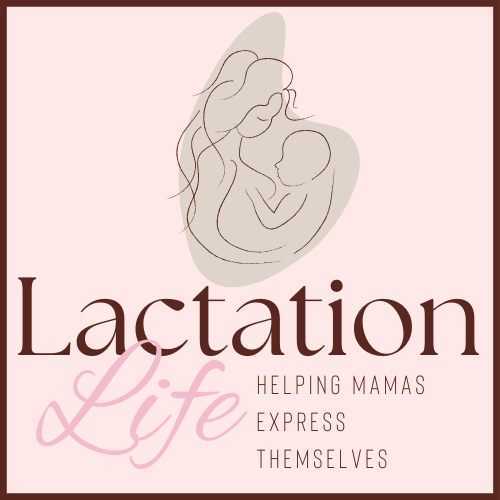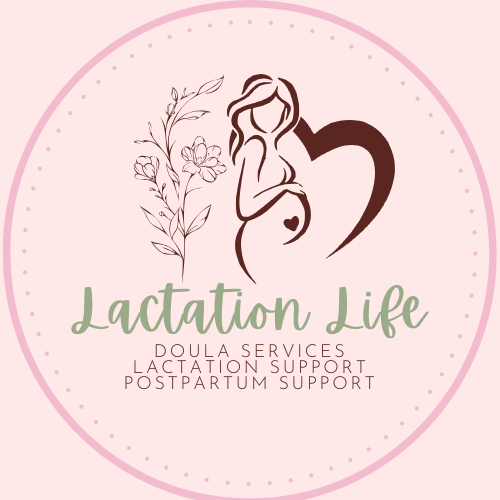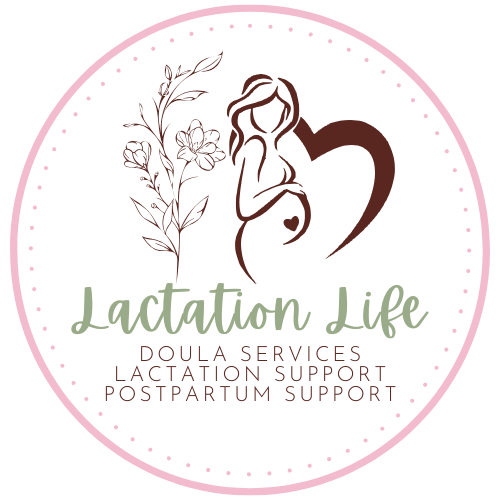From Latch to Letting Go: Why Some Women Stop Breastfeeding
Why do women stop breastfeeding?

There are several common reasons why women may stop breastfeeding:
1. Breastfeeding Challenges: Difficulties with latch, nipple pain, or issues such as low milk supply can make breastfeeding stressful and discouraging.
2. Medical Issues: Health problems for the mother or baby, such as infections, mastitis, or difficulties with the baby's ability to suck or feed effectively, can contribute to weaning.
3. Returning to Work: Many women find it difficult to continue breastfeeding once they return to work, particularly if they don’t have access to breast pumping breaks or a suitable place to pump.
4. Inadequate Support: Lack of support from family, friends, or healthcare providers can lead to early cessation. Emotional and practical support is essential for overcoming challenges.
5. Perceived Insufficient Milk Supply: If a mother feels her milk supply is not enough for her baby’s needs, she may switch to formula.
6. Personal Preference or Comfort: Some women prefer not to breastfeed due to lifestyle choices, discomfort, or personal beliefs about breastfeeding.
7. Baby’s Preferences or Needs: Babies may become fussy with breastfeeding, refuse to latch, or show a preference for bottle feeding, especially if they are introduced to formula early.
8. Time and Convenience: Breastfeeding can be time-consuming, and some mothers may find bottle-feeding more convenient as babies get older.
Support, education, and understanding the many factors influencing breastfeeding can help women navigate these challenges and make informed decisions.











